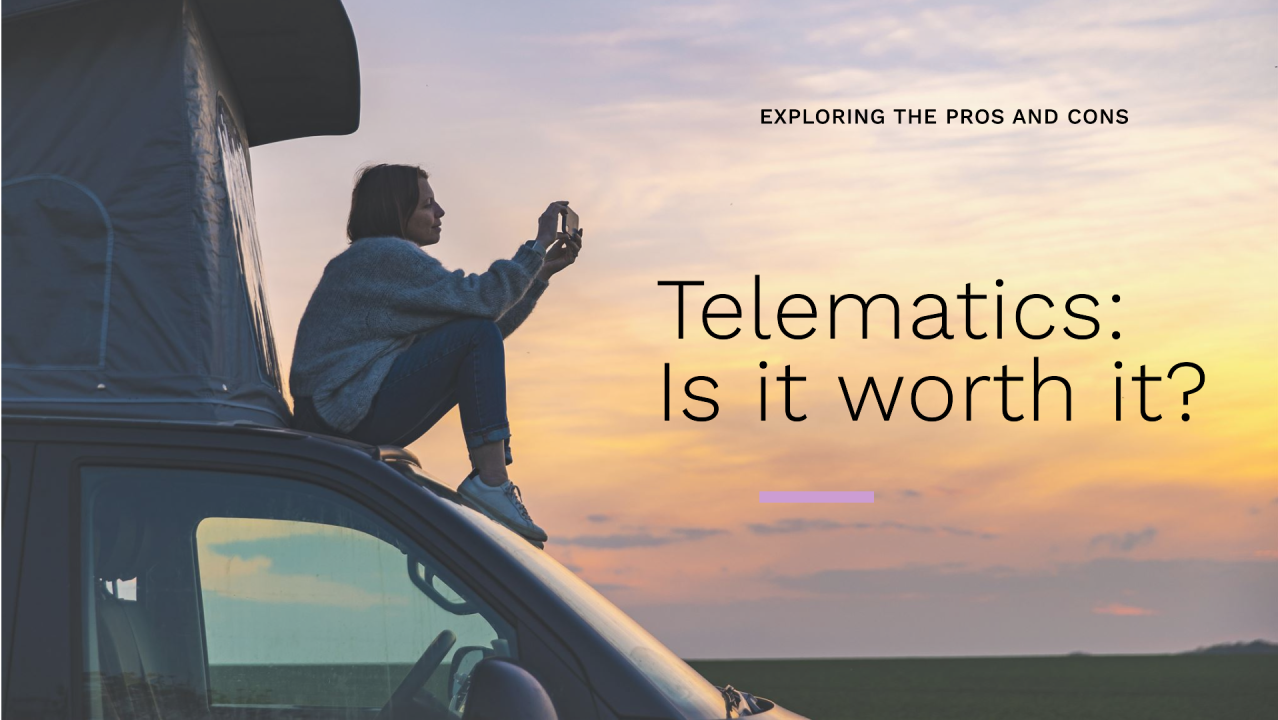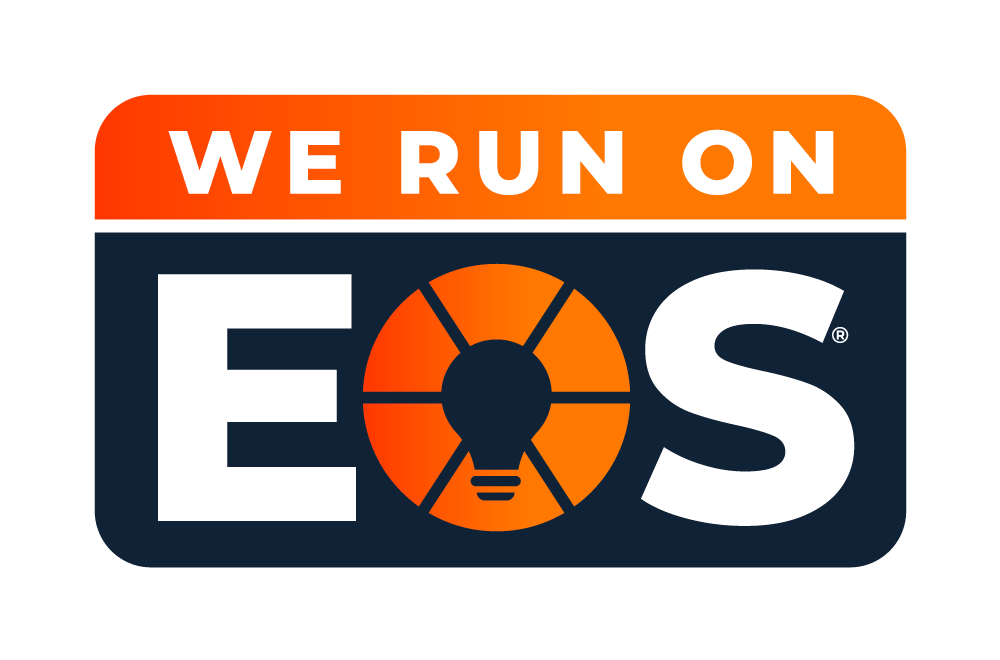Telematics: Is it worth it?

Written by Andrew Anderson - Small Business and Personal Lines Advisor
What is a telematics program? Insurance companies have their own branded name for their programs, but they all do the same thing. Telematics is a program facilitated by car insurance companies that gathers driving behavior data, typically through your cell phone or a device installed in the insured's car, and uses that data to individually assign a driving score and then use the driving score to charge the policyholder a more accurate rate. Insurance companies also use the data for actuarial purposes to help them see trends within their risk pool and assist in determining overall premium rates for everyone. What kind of data are they collecting? Each carrier does this a little differently, but on the whole, they're keeping an eye on the time of day we're driving, how frequently and the duration of our drives, any distracted driving activity (think, using our phone while driving), along with hard braking and fast acceleration events. What are some advantages of telematics programs?
- The immediate rewards for participating in telematics programs are the discounts. The premium is typically discounted when an insured signs up for a new policy and agrees to join that carrier's telematics program. This initial discount varies by carrier but is typically between 10% to 15%. Current policyholders who want to participate in their carrier's telematics program are usually not eligible for the initial discount. However, they can earn it based on the data gathered during the monitoring period. Once the monitoring period is complete, the insured's driving score is factored into the premium on the renewal policy. The people who get great driving scores see even more savings at the renewal, as the discounts can go up as high as 30%. Some folks don't get an additional discount but rather keep the one they initially got; lastly, the drivers who didn't get a great score may lose their score or pay more due to a surcharge because of their poor driving behaviors. Credit for good driving: Telematics programs quantify something traditionally subjective. For those of us who are performance-oriented and want to be the best at things or get credit for our already safe driving habits, telematics provides a means to prove our achievement and give credit where credit is due. Now that technology can help provide hard data and use it to formulate a driving score, one can drive themselves to be as safe as possible and have the data to back it up. And, as a result, get better pricing on your insurance!
- There's a reason folks sit up a little more straight when the principal walks in the room. When we're held accountable in any scenario, our behavior improves. In driving, it's no different. We hear from clients who participate in telematics that they are more aware of their driving behaviors. This awareness caused participants to be more mindful of how close they followed other cars, how quickly they accelerated from the start, and how fast they went, which positively impacted their driving scores. Families have benefited from holding one another accountable, and we've even seen family members challenge each other on how good of a driving score they can achieve. One parent told me recently that they had to tighten up their driving behaviors when their teen driver's score was better than theirs! When clients lean into using telematics as an accountability tool, they intentionally practice better driving behaviors, yielding safer drivers and roads. We can all agree that safer roads are a positive thing overall.
Things to consider
- Today, everything using technology has a user agreement. These agreements often include permission for the company to share information with others. Telematics is no different. Most insurance carriers include an agreement in their telematics program to share the collected data with third parties. Sharing this information may seem harmless to some, while others have reservations about third parties having information about their driving behaviors. Some insurance companies have a privacy opt-out that allows the policyholder to opt out of the sharing of information with third parties, so if we're considering telematics programs and privacy is a concern, be sure to research how the data is used, whether it is shared with others, and if there's an opt-out option for sharing the data with third parties.
- Auto insurance can be set up initially and never really thought about until the renewal comes up or we have to use the policy because of a claim. A little more homework is involved when participating in a telematics program. First, the policyholder must ensure the app is set up on all the participant's phones and that any additional requirements are completed. An example of an additional requirement varies by company but would be something like needing to sign up for paperless document delivery. Once everything is set up, it is advised that the policyholder keeps an eye on the app's status over time. Sometimes, folks accidentally delete the app or need to set up the permissions correctly and the program's requirements are not fulfilled, which can result in an unsuccessful attempt of the program. If a policyholder fails to provide the agreed-upon data through participation in the program, the discount could be lost or even surcharges applied. When considering a telematics program, be sure to review the terms and conditions and make a note of any penalty-free opt-out period, so that if we need to get out of the program, we can do so without fear of additional fees.
- While most insureds seek telematics programs for the discount they get, it's important to note that some may find that their driving score is not as good as they expected. A bad driving score can negatively impact the policy premium. In the grand scheme of things, this is a good thing. It means that folks who have good driving behaviors should pay less than those who have less savory driving habits or are more risky on the roads. However, it's crucial to understand that there is a risk of a higher rate if your driving score is not up to par.
Telematics: Is it worth it? From an insurance agents perspective, it's this agent's perspective, telematics programs are a positive thing. Not only will they help hold us accountable to a standard of driving and yield safer roads for everyone, but they will also help keep insurance costs low for safe drivers. There are several things to consider when choosing whether to participate in a telematics program and that decision ultimately comes down to your family's dynamic and needs. For further details on telematics programs, reach out to your insurance advisor.





